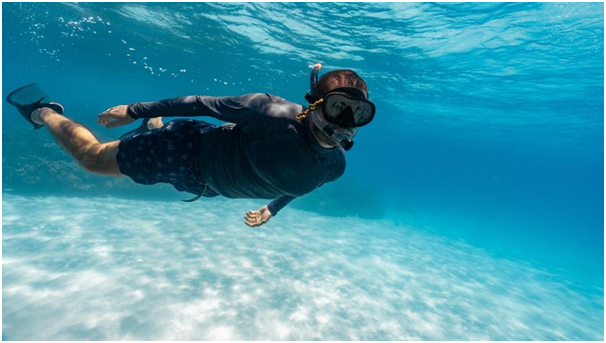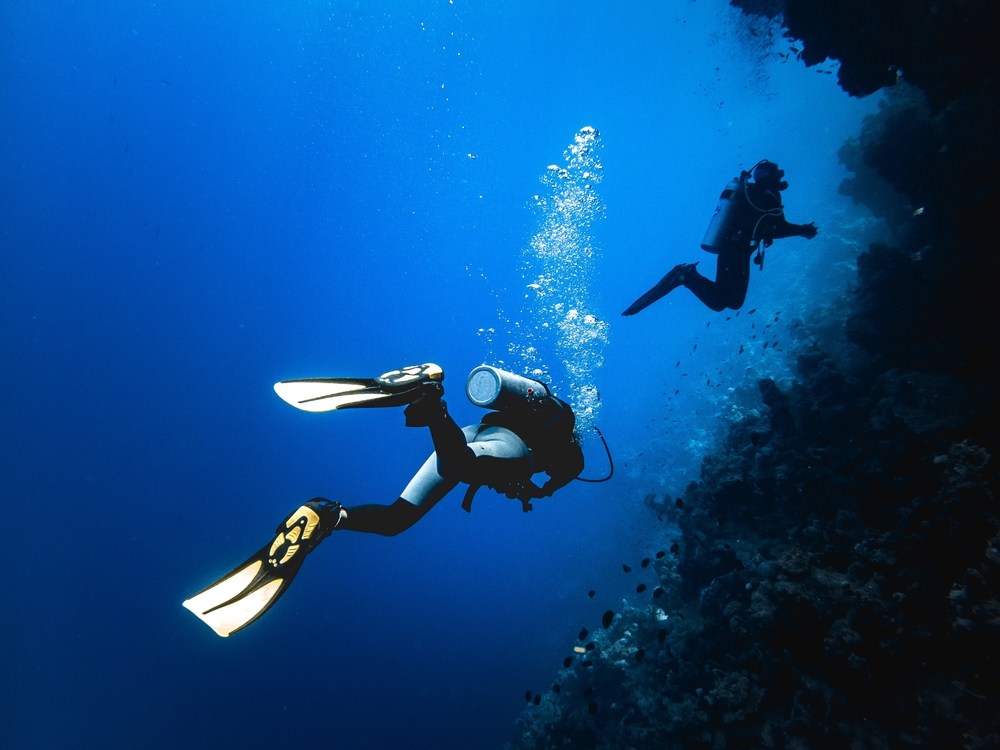Scuba diving is an exhilarating activity that opens the door to an underwater world of adventure and discovery. However, it is not without challenges, particularly for beginners who encounter issues such as ear equalization problems. Equalizing the pressure in your ears is essential to enjoy a safe and comfortable dive, but many divers, including those in scuba lessons in Fort Worth, experience difficulties. To help you out, in this blog, we share common ear equalization issues during dives and provide practical solutions to help you master this essential skill.
Understanding Ear Equalization and Its Importance
When you descend underwater, the pressure around you increases, compressing the air in your ears and sinuses. Without proper equalization, this pressure can cause discomfort or even damage, including barotrauma. Equalization ensures that the pressure inside your ears matches the ambient water pressure, preventing pain and enhancing your diving experience.
In scuba training in the local area, equalization is taught as a critical skill, particularly during open water diver certification courses. Divers learn various techniques to manage ear pressure effectively, ensuring a smooth transition to greater depths.
Common Problems With Ear Equalization
Difficulty Clearing Ears
Some divers find it challenging to clear their ears, especially during the initial stages of descent. This can be due to inadequate technique or underlying health issues such as sinus congestion.
Delayed Equalization
A delay in equalizing can result in discomfort, making divers hesitate to continue descending. This often occurs when divers descend too quickly or neglect to equalize at regular intervals.
Middle Ear Barotrauma
If pressure is not equalized properly, it can lead to pain, inflammation, and in severe cases, damage to the eardrum. Beginners in scuba open water diver certification courses often struggle with this issue.
Effective Techniques to Fix Ear Equalization Problems
Start Equalizing Early
Begin equalizing before you even enter the water. Preemptive equalization helps prepare your ears for the pressure changes.
Use the Valsalva Maneuver
This involves gently blowing against a pinched nose while keeping your mouth closed. It’s one of the most common techniques taught in scuba lessons in Fort Worth and beyond.
Try the Frenzel Maneuver
More advanced than the Valsalva, the Frenzel maneuver uses throat muscles to open the Eustachian tubes, offering a safer and more controlled equalization method.
Descend Slowly
Maintaining a slow and steady descent allows more time to equalize. If you feel discomfort, stop your descent, ascend slightly, and attempt equalization again.
Stay Hydrated and Healthy
Dehydration and congestion can worsen ear equalization issues. Ensure you are in good health and stay hydrated before diving.
Preparing for Successful Dives
The key to overcoming ear equalization problems lies in practice and preparation. Participating in professional scuba training in your local area, such as at Adventure Scuba in Fort Worth, ensures you gain the necessary skills and confidence. From foundational techniques taught during open water diver certification to advanced equalization methods, these lessons provide a complete diving education.
Mastering ear equalization enhances your underwater experience and keeps you safe during dives. With proper guidance, patience, and practice, you can overcome these challenges and dive confidently into the depths.


